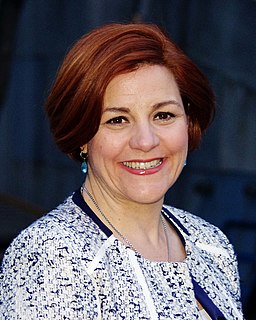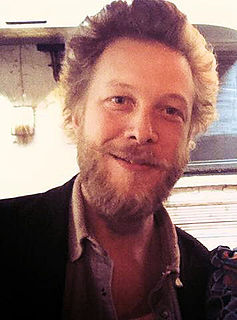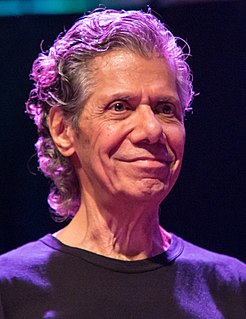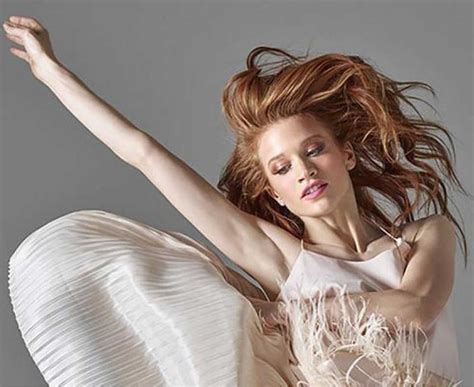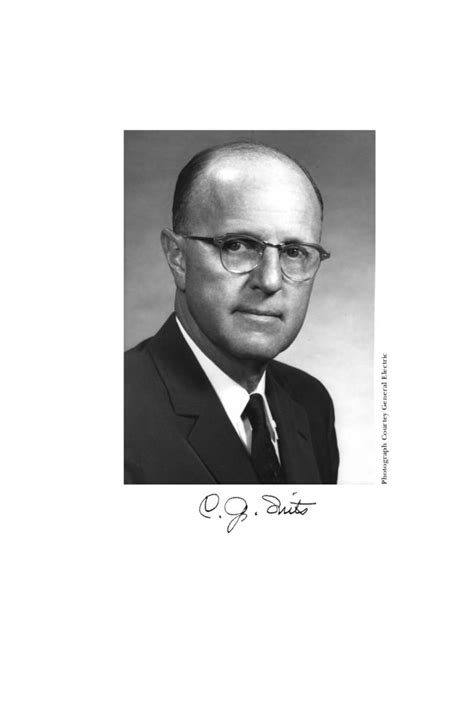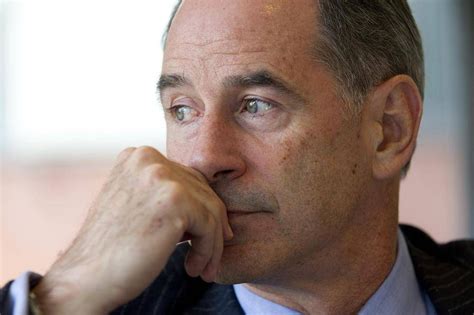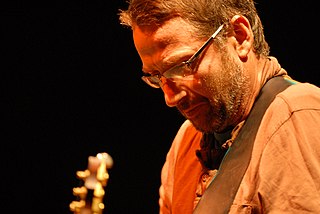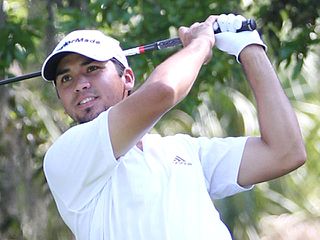A Quote by Andy Gill
I think central to what we do is thinking about what's our role, how does this idea of being a band and getting on the stage and playing stuff.
Related Quotes
My thought process when I'm on the court is always thinking about getting better, and thinking about how I'm playing. Thinking about it as a process, as the big picture and what I need to work on, instead of being close-minded and thinking, 'I'm so nervous and have to win this match, if I don't, it'll be the worst.'
Early on I was a lot more unsure of myself on stage. When our band The Decemberists was getting bigger audiences I was more concerned about alienating them, so I wasn't as willing to take risks and do weird stuff on stage. But once you get more accustomed to it you tend to have more fun with it and not worry about being pilloried for acting out. Whenever you play in front of 400 or 500 more people than you're used to it's always a weird, transitional period.
I try to not think too much about how stuff gets seen as it's being done by a woman. Because if you think about it, then you end up thinking about how you're acting, and if you are thinking about how you're acting, then you are preoccupied and you're going to end up being insincere. You're kind of not present.
It's impossible to tell how you're perceived. I think it's important not to think about it too much, because it really means nothing. Some people think we're a rock band, and that's ridiculous, and the idea of us being a folk band - you sit in a pub in Ireland and hear those guys play, and you're like, 'Yeah, we're definitely not a folk band.'
When I'm representing my music live I think of it very much in a rock band sense. When I first started doing festivals in the 90s there really weren't other DJs playing the stages I was playing. So I felt I was being afforded an opportunity to kind of make a statement about what DJ music can be live. In the 90s, if you were a DJ you were in the dance tent, and you were playing house music and techno music. There was no such thing as a DJ - a solo DJ - on a stage, after a rock band and before another rock band: that just didn't happen.
Tungsten, X-rays, and Coolidge form a trinity that has left an indelible impression upon our life and times. The key word in this triad is Coolidge, for his work brought the element tungsten from laboratory obscurity to the central role of the industrial stage and gave the X-ray a central role in the progress of medicine throughout the world.
When you make that transition to being a head coach, there's so much more you have to think of and consider. You're constantly thinking, 'How does this impact our culture? How does this impact us two, three steps down the road?' It's thinking big picture, and all of those things come with time. It's a great challenge.
One of the great things about being commander in chief is getting to know our men and women in uniform in a very intimate way, whether it's visiting Walter Reed and seeing our wounded soldiers, or being on a base and talking to families, or interacting with them on missions. They're the best of the best: always thinking about the mission, not thinking about credit, not thinking about who's up front.
In order to have a hope of creating better answers, we need to deeply understand the logic of the opposing answers. That means thinking about how we think about both models - not just do we like one versus the other. Rather we have to ask: How do I think each model produces the results that it does? Metacognition, thinking about thinking, builds up our capacity to do that and to play with opposing ideas - and new models - in real time.



